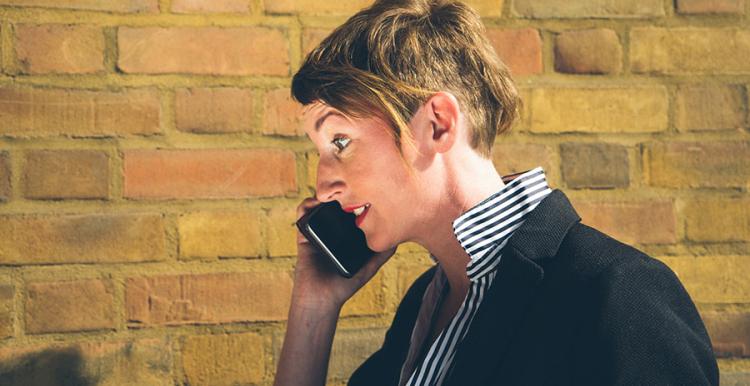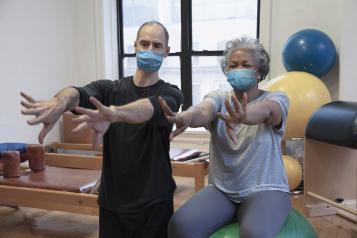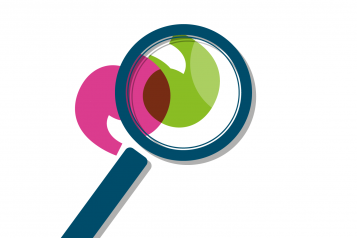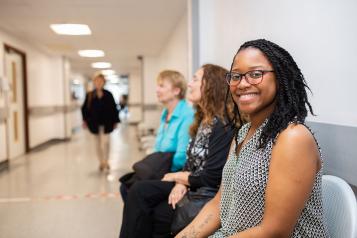Recorded information on GP phone lines

I was surprised by how short some of the messages I listened to were. However, it is rather annoying to be told to use e-consult when you’re already on the phone and not be given the website details for this. There were also a lot of messages about Covid. Are these still necessary and in line with current advice?
Patients often depend on contacting their GP practice by telephone. The 2022 national GP patient survey results show that the telephone remains by far the most popular way to try to book an appointment. Over four in five patients (84.6%) called their practice by phone when they last tried to get an appointment. The quality of a practice’s telephone system has a big impact on the overall patient experience.
Healthwatch had heard from a number of patients that their practices had lengthy out-of-date prerecorded information on their phone lines. This can add to the wait times patients experience and create an additional barrier for those who don’t have English as a first language or are hard of hearing.
We decided to conduct some research of our own. Four trained volunteers and one member of staff made calls to all 33 Islington GP practices and listened to the recorded messages. To avoid adding to the pressure on practice phone lines, we made our calls after 10 am, and not between 12 and 2 pm when phone lines are usually at their busiest.
What we found
- There was a lot of variability between practices, both in terms of how long the recorded information lasted and the content that was shared.
- The longest recorded message from a practice lasted three minutes and the shortest lasted 20 seconds.
- About half the practices (16) had recorded messaging that lasted between one and two minutes.
- Sometimes volunteers felt that information was presented too quickly, too fast to take in.
- The ongoing value of some of the Covid-specific information was questioned.
What we liked
A small number of practices promoted the availability of:
- out-of-hours services (GP appointments in the evenings and on weekends)
- face to face appointments
- the possibility to self-refer to services such as physiotherapy and podiatry without needing to wait for a GP appointment
We know that patients aren't always aware of these services and/or don't think they have been offered these choices when they would have liked them. It would be good if more GP practices used their recorded messaging to promote these options.
Find out more
Read our full report, 'Recorded messages and the experience of phoning the GP surgery'.


